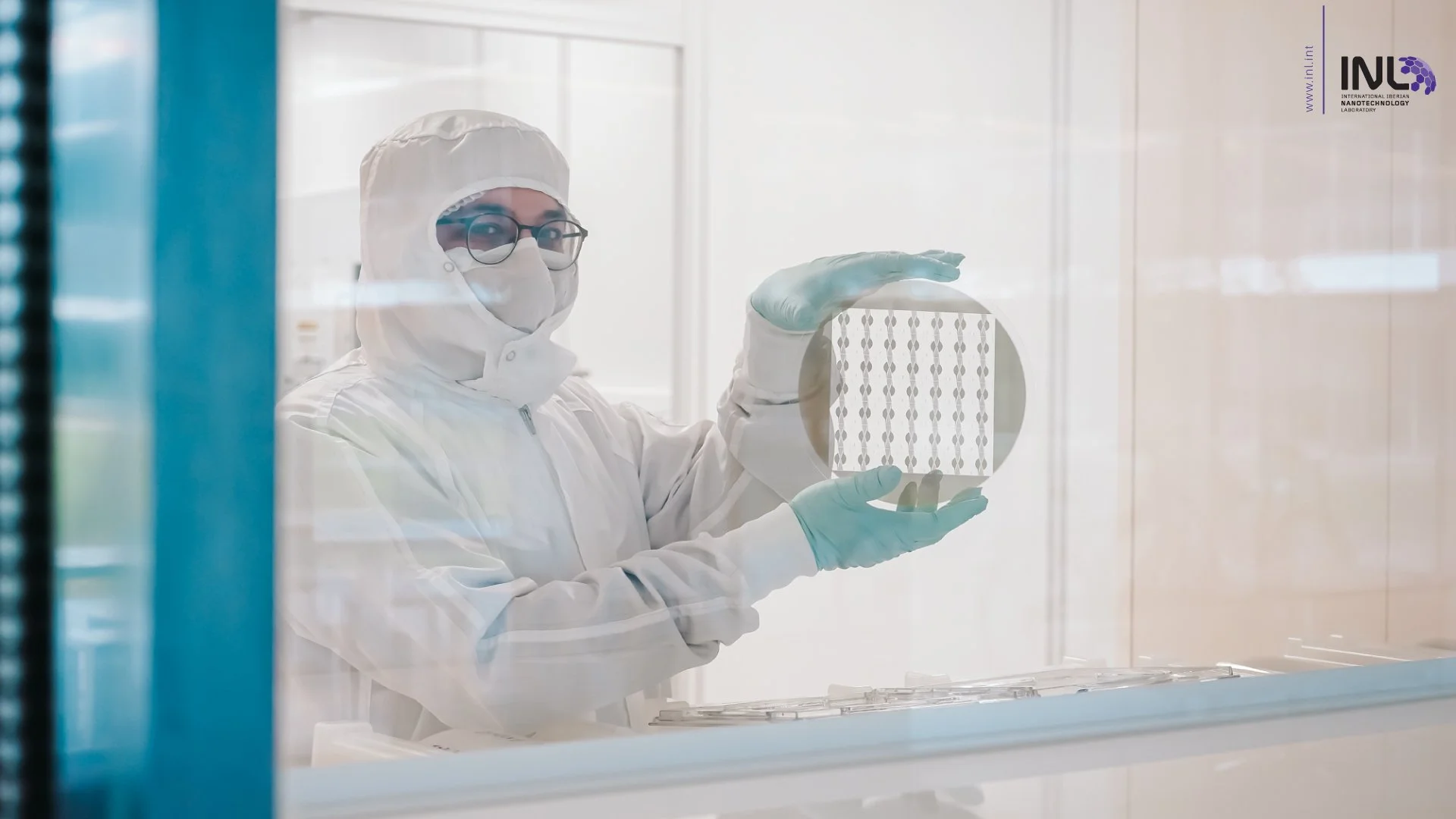NeuralGRAB, developing a brain activity recording platform
In the framework of the project NeuralGRAB funded by the La Caixa Foundation, INL - International Iberian Nanotechnology Laboratory is working with the Faculty of Medicine of the University of Porto and the Spanish Astrobiology Centre(CAB/CSIC) towards the development of a brain activity recording platform.
Neurological disorders affect more than a quarter of the global population. Although multiple factors may cause neurological disorders, a common link is a malfunction in the chemical communication between neurons through a group of molecules called neurotransmitters.
The accurate detection of neurotransmitter concentrations in the brain and biological samples is of great importance for neurobiology research and to development of novel diagnostic and therapeutic tools for some brain disorders.
For example, abnormal alterations in the levels of the neurotransmitter dopamine, which has essential roles in the human brain, such as motor function and memory, can have severe consequences and lead to brain disorders such as Parkinson's or Alzheimer's.
We currently lack the tools to uncover the subtle interplay between chemical and electrical neuronal brain communication. Chemical neurotransmission is still exceedingly difficult to detect as it requires biosensors that can be integrated into microchips with other sensing modalities that are selective (specifically detecting the target) and sensitive (able to detect low concentrations of neurotransmitters), with high spatial and temporal resolution.
The work being developed by the researchers at INL is focused in cutting-edge graphene nanotechnology to develop a brain-machine interface that can interact with the brain and monitor neurons' electrical and chemical messages in real-time.
Combining aptamers developed at CSIC, which are short sequences of artificial DNA or RNA that bind to a specific target molecule, graphene-based biosensors fabricated at INL, with functional neurophysiological experiments (University of Porto), NeuralGRAB will develop a unique neural interface to record in vivo the brain electrical and chemical activity with physiological spatio-temporal resolution.

